Classical economics
Classical economics is a school of economic thought based on the idea that the free market is the natural way for the economy to operate and that it leads to progress and prosperity.
Classical economics reoriented economic thought by moving away from an approach based on the preferences of rulers or social classes. The classical economists emphasized the benefits of free trade and developed an organized analysis of the value of goods and services as a reflection of their production cost.
The classical economists opposed government intervention in the market through price controls, quotas, regulations, or any other mechanism that would alter its normal functioning.
Origins and history of classical economics
The beginning of this economic thought is usually traced back to 1776, when Adam Smith’s work «An Inquiry into the Nature and Causes of the Wealth of Nations» was published.
The subsequent development of classical economics was marked by an era where capitalism was the dominant economic system, and the industrial revolution was bringing about significant socioeconomic changes.
Some of the economists associated with classical economics were Adam Smith, Jean Baptiste-Say, David Ricardo, Francois Quesnay, Thomas Malthus, Frederic Bastiat, and John Stuart Mill.
Basic principles
The following are the basic postulates or principles of classical economics:
- The free market will result in an optimal allocation of resources.
- The government should not intervene in the functioning of the market. Doing so will only create inefficiency and hinder reaching market equilibrium.
- Prices adjust naturally up or down (including wages) to achieve market equilibrium.
- The labor market is at full employment. If unemployment is observed, it will be of a frictional or voluntary nature.
- Total production is determined by full employment of resources. Thus, supply is given and changes in demand only generate price changes.
- Monetary policy is ineffective.
- Fiscal policy is ineffective.
- The value of a good is determined by the amount of work used to produce it.
If you want to continue learning:

